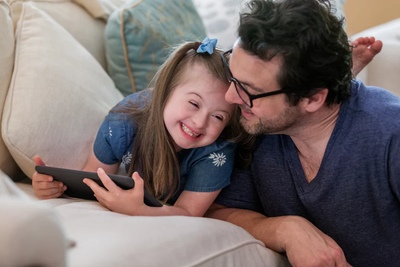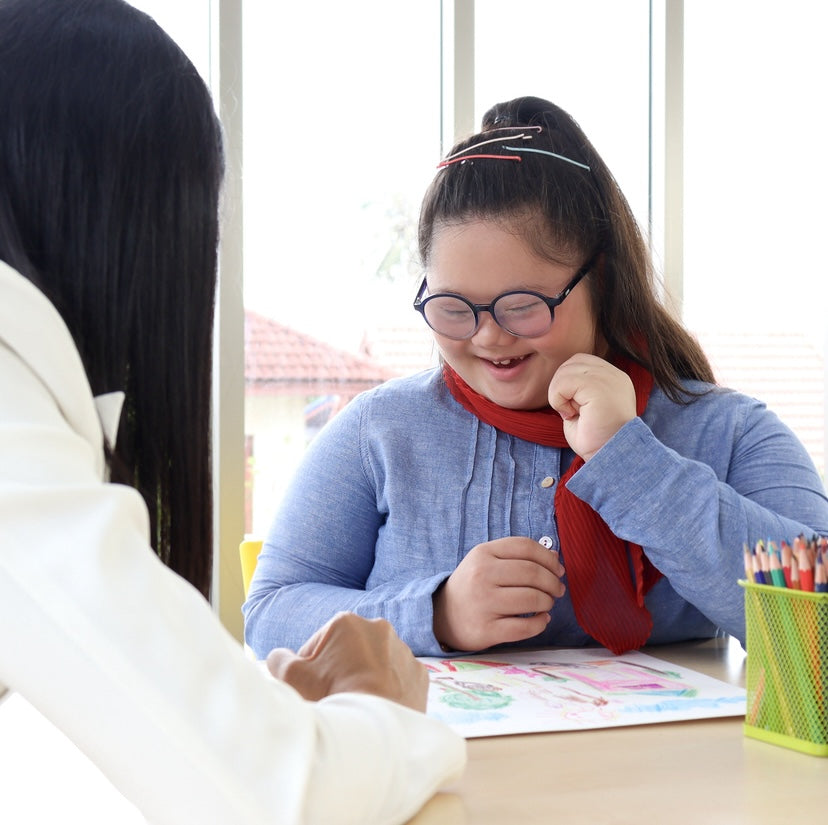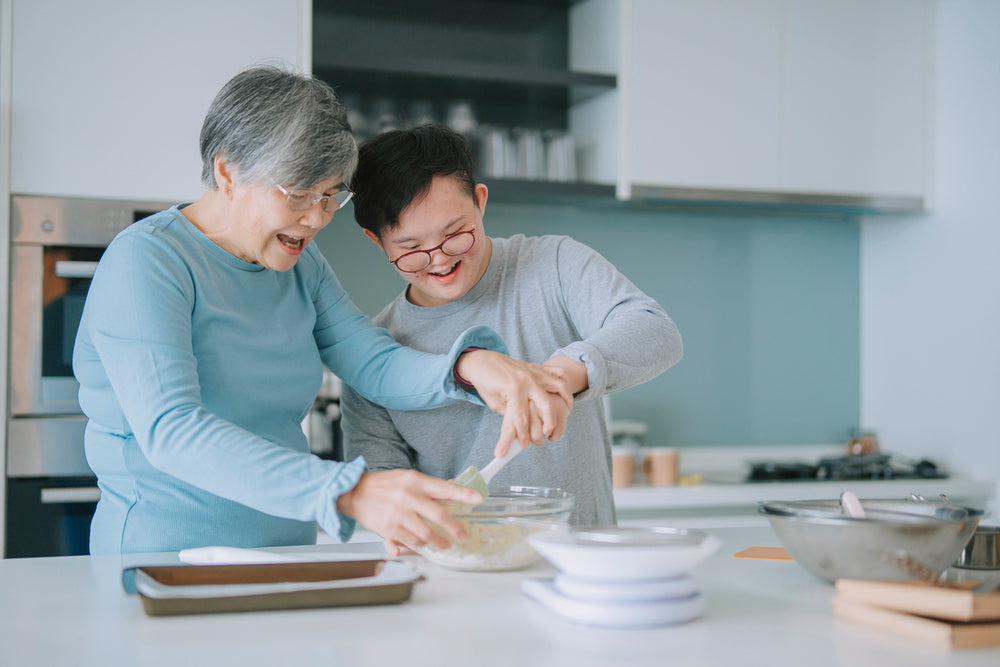MapHabit finds that personalized assistive technology reduces care burden and improves the quality of life for African American family care partners.
Source
Technology and Health Care Journal
Published Date
March 2022
Authors
Parker, MW; Davis, C; White, K; Johnson, D; Golden, M; Zola, S
Abstract
BACKGROUND: African Americans living with dementia are considered less likely to seek formal institutionalized elder care and more likely to be managed in the home by family-member caregivers. Assistive technologies (the use of smart visual devices like tablets and phones) can be used effectively to guide memory-impaired individuals with a sequence of pictures showing steps to complete activities of daily living, e.g., bathing, toileting, dressing. Assistive technology so far has not been generally embraced in African American communities.
OBJECTIVES: Determine, if African American family caregivers, given the opportunity, would embrace the use of assistive technology and if they would perceive its use beneficial.
METHODS: We assessed a group of eight family caregivers’ overall care-burden scores, and their user-satisfaction scores after using assistive technology for three months.
RESULTS: We found significant reduction in caregiver burden, positive changes in behavior and emotion scores, and high ratings on user satisfaction.
CONCLUSIONS: The findings reported here comprise the first systematic study of the use of assistive technology by caregivers in an underserved population. They set the stage for exploring meaningful strategies and variables that will better engage underserved populations to take advantage of assistive technologies available in healthcare.












